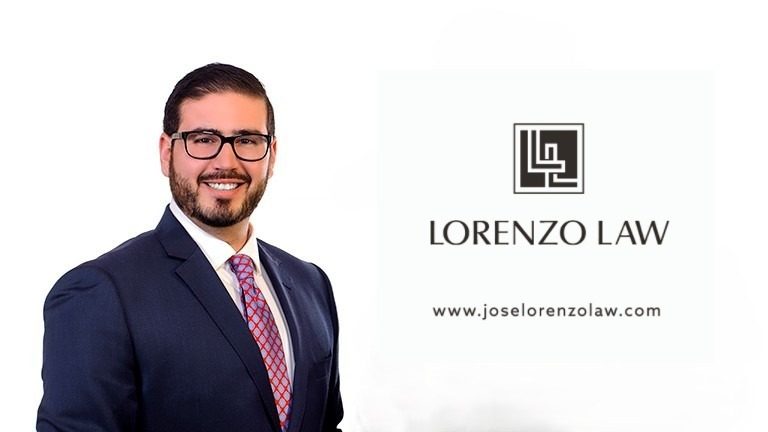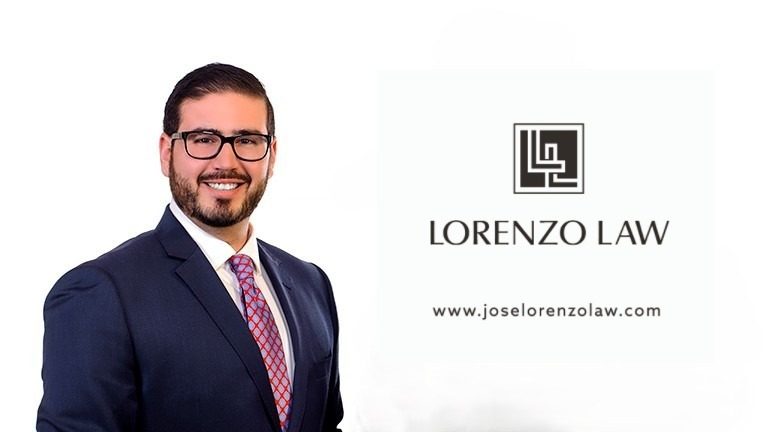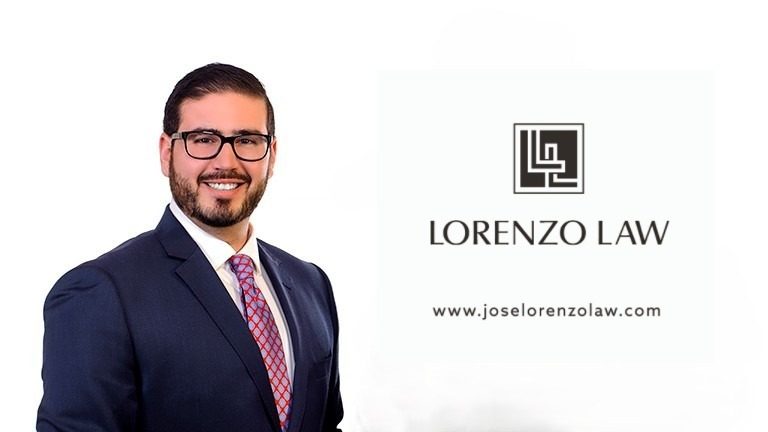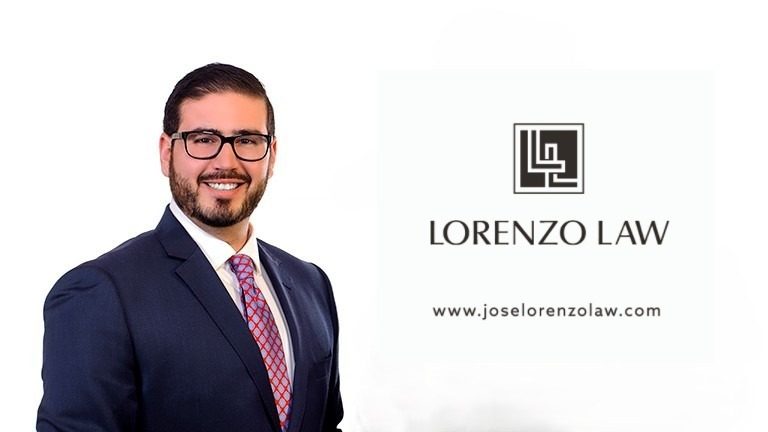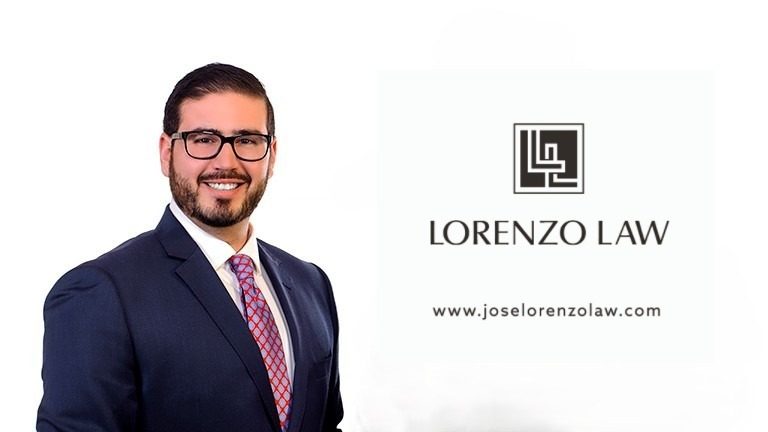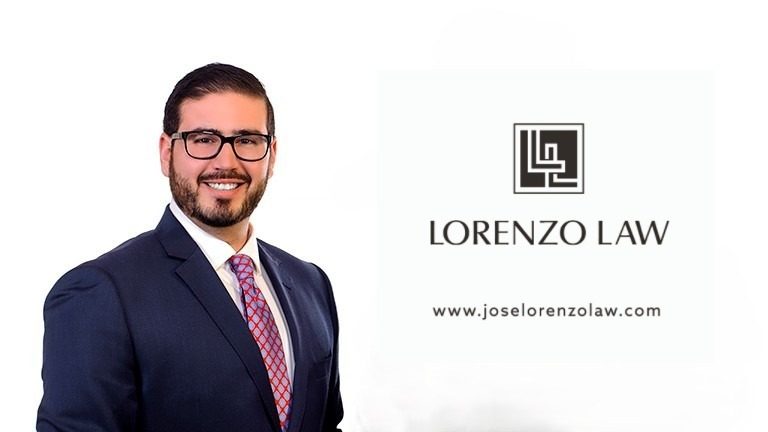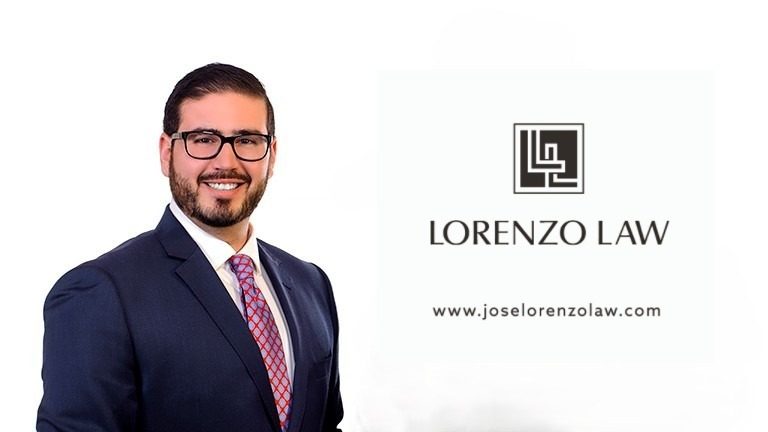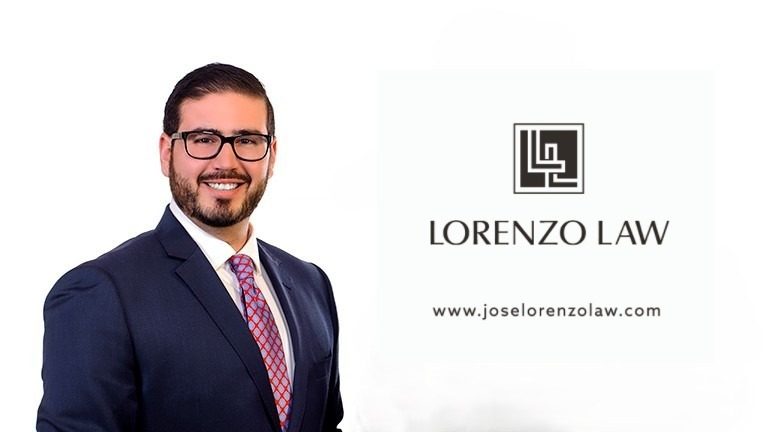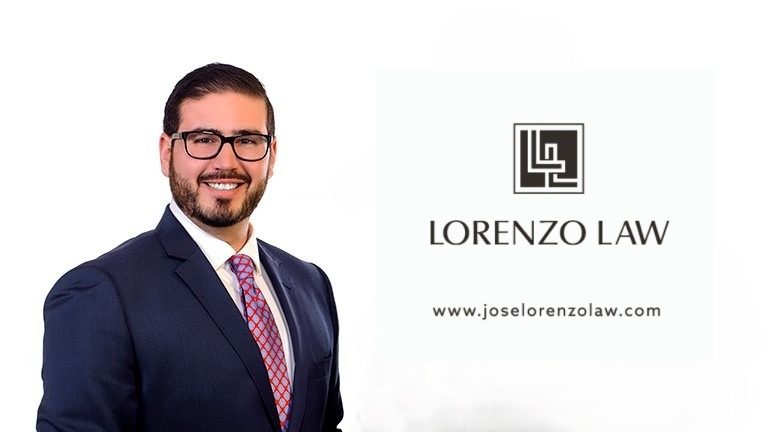Do I Need a Probate Attorney in Florida? A Comprehensive Guide
If you’re searching for “Do I need a Florida probate attorney?”, you’re already ahead of most people who suddenly find themselves responsible for a loved one’s estate. Florida probate is not a simple paperwork exercise.
It is a formal, court-supervised legal process governed by the Florida Probate Code, strict procedural rules, and court-imposed deadlines.
Whether a legal professional is required—or simply should be retained—depends on the type of estate, the assets involved, and the family dynamics.
However, not all estates require probate or an attorney. Some estates, depending on the types of assets and how they are owned, may bypass the process entirely.
This guide breaks down exactly when a Florida probate lawyer is required, when you might not need one, the risks of handling probate yourself, and how legal representation affects the overall cost of probate in Florida.
Disputes among beneficiaries or claims against the estate require legal representation to mediate and ensure proper procedures.
Many families begin their search with probate lawyers because they want clear guidance from someone who handles these matters every day.
Seeking legal help is especially important for out-of-state relatives or anyone unfamiliar with Florida law, as professional assistance can help avoid unnecessary delays or challenges.
Understanding these points will help you navigate the process with confidence and clarity while avoiding mistakes that can increase the cost of probate in Florida.
1. What a Florida Probate Attorney Actually Does
Understanding the Florida Probate Process
The personal representative, also known as the executor in other states, has a fiduciary duty to act in the best interests of the estate and its beneficiaries.
The decedent’s estate includes all assets and property left behind by the deceased, which must be managed and distributed according to Florida law.
This means the personal representative must manage assets, pay debts, and distribute property responsibly. They must also comply with all legal requirements to avoid delays, penalties, or rejection of filings.
2. Why an Experienced Probate Attorney is Essential for Florida Probate Matters
Hiring an experienced probate attorney is often the key to navigating the administrative burden, even when it is not strictly legally required.
The complexity of Florida law means that even straightforward cases benefit from professional guidance, ensuring compliance and peace of mind for family members.
The Role of an Experienced Probate Attorney in Handling Complex Estates
An experienced Florida probate lawyer assists the personal representative in managing every aspect of the case, minimizing the risk of costly errors and ensuring a smooth transition of wealth.
Managing Creditor Claims and Court Involvement
A primary function of an experienced probate attorney is handling creditor claims. They are responsible for correctly notifying creditors and managing the statutory deadlines.
Improper handling of creditor notice is one of the biggest risks for personal representatives.
They prepare all necessary court documents and petitions, drastically reducing the required court involvement for the client and eliminating the need for unnecessary court appearances. In cases that require formal probate, this expertise is non-negotiable.
Addressing Disputes and Asset Distribution
When disputes arise among beneficiaries or concerning the will’s validity, a lawyer is essential.
They act as a mediator or litigation counsel to resolve these conflicts efficiently, protecting the estate’s assets and the personal representative’s interests.
For complex estates, a Florida probate lawyer ensures the proper asset distribution according to the will or Florida’s intestacy laws.
This is particularly crucial when dealing with challenging assets, real property, or tax implications that require specialized estate planning knowledge.
Reducing Risk and Legal Red Tape
While a personal representative may be the sole beneficiary, they are still subject to strict rules and liability. An attorney can assist in cutting through the legal red tape, ensuring strict compliance with all procedural requirements.
This focused approach protects the representative from personal liability and prevents common mistakes that prolong and complicate the administration of probate matters.
3. When Florida Law Requires a Probate Attorney
Formal Administration in Florida
Most estates in Florida proceed through formal administration, the standard type of probate used for most estates, especially when:
- There is real property (real estate).
- Assets exceed $75,000 in non-exempt value.
- Multiple beneficiaries are involved.
- Creditors, taxes, or disputes exist.
In these situations, Florida law generally requires the personal representative to be represented by a lawyer, unless they are the sole interested person, which is rare.
Florida Probate Rule 5.030(a) mandates legal representation during formal administration in almost all cases.
Having proper legal counsel ensures the estate moves through the process correctly and without unnecessary delays.
Complex Probates with Higher Liability Risk
You should assume legal representation is mandatory when estates involve complex matters that can lead to costly mistakes if not handled by a professional:
Real Property
Any property sale, deed transfer, or homestead determination involves legal procedures and court orders. When real estate is involved, a lawyer helps ensure transfers or sales follow proper legal procedures.
Disputed Wills or Heirs
If anyone is challenging the will—such as legal challenges to its validity, questions about its execution, or disputes over its legitimacy—or questioning the personal representative, a probate litigation attorney is critical.
Disputes among heirs or beneficiaries can complicate and prolong the administration of an estate, leading to costly and time-consuming litigation.
Substantial Debt or Tax Issues
IRS filings, Medicaid claims, credit card debt, and hospital bills require precise handling.
Preparing and filing tax returns is a critical part of the process. The executor must also ensure all outstanding bills are paid before distributing assets.
Out-of-State Personal Representatives
Florida courts expect out-of-state executors to retain local Florida counsel. This ensures the matter is handled properly and keeps the process moving without unnecessary delays.
An executor must be a close relative or a Florida resident if the deceased passed away in Florida and the executor lives out of state.
In each of these circumstances, attempting to navigate probate alone increases the risk of rejection, delays, and financial exposure without professional guidance.
A lawyer helps protect the legal rights of out-of-state personal representatives throughout the process.
4. When You Might Not Need a Probate Lawyer (Rare)
Disposition Without Administration
This is an abbreviated procedure available only when:
- The decedent left no real estate.
- Assets are less than or equal to final expenses.
- All assets are exempt or non-probate assets, such as bank accounts with designated beneficiaries.
“Disposition without administration” applies only to very small estates consisting solely of limited personal property to pay final expenses.
Even then, people often misclassify assets or ignore creditor issues, causing the court to deny the request, which is why guidance from a legal professional is essential to avoid disrupting the process.
Summary Administration Florida
This expedited option applies when:
- The estate’s non-exempt assets are under $75,000, or
- The decedent has been deceased for more than two years.
Before starting summary administration, it is essential to gather all necessary documents, such as the death certificate, will, and asset lists, to ensure a smooth process.
Some assets, such as life insurance policies with named beneficiaries, typically pass directly to beneficiaries and are considered non-probate assets.
But even summary administration still requires:
- A properly drafted petition.
- A verified creditor statement.
- Proper notice to all interested parties.
- A proposed order that complies with Florida law.
Mistakes lead to rejection, repeated filings, or forced conversion into a more complex probate, all of which can be avoided by working with an attorney to keep the process running smoothly.
5. 💡 Probate Myths Debunked: Clarity from a Florida Probate Lawyer on Estate Planning
Misinformation about the probate process is common and can cause unnecessary stress and delay for family members.
An experienced Florida probate lawyer can clarify these common misconceptions, especially concerning the timeline and legal requirements, which are crucial aspects of estate planning.
Common Misconceptions About the Florida Probate Process
| Myth | Fact (Why You Need a Florida Probate Lawyer) |
| “Probate is quick—just paperwork.” | The probate process can be lengthy, often lasting several months to over a year, depending on the complexity of the estate and any disputes among heirs. Having a probate attorney can expedite the process, allowing for faster access to the estate’s assets. |
| “Small estates avoid probate completely.” | Small estates with minimal assets may still undergo a simplified probate procedure (Summary Administration or Disposition Without Administration). Formal administration is the standard type of probate used for most estates, requiring an attorney. |
| “Probate is private.” | The probate process is public, meaning details of the estate become part of the public record, which may raise privacy concerns. |
| “I can handle my relative’s estate from out-of-state.” | Florida courts expect out-of-state executors to retain Florida counsel licensed in the State of Florida to ensure the probate process is handled properly. An executor, known as a personal representative, must be a close relative or a resident of Florida if the deceased passed away in Florida and the executor lives out of state. |
| “Summary Administration doesn’t need a lawyer.” | Summary administration is available in Florida for estates valued at $75,000 or less, but it still requires formal filings. If some beneficiaries are minors or uncooperative, summary administration may not be the best option, and a lawyer is highly recommended. |
| “The executor just pays bills and distributes money.” | The executor, or personal representative, is appointed by the court to manage the estate, which includes gathering assets, paying outstanding bills, notifying creditors, and filing necessary tax returns. Probate attorneys assist in managing creditor claims against the estate, ensuring only valid claims are paid. |
6. Why DIY Probate Is Risky in Florida
The Florida probate court is not designed for self-represented petitioners. Judges and clerks cannot provide legal guidance and will not correct errors.
Trying to navigate Florida probates alone raises one question immediately: Do you need a Florida probate attorney? In most cases, yes.
Without clear understanding of the process, individuals often misinterpret key steps, making the need for an experienced Florida Probate Attorney even more important.
An experienced lawyer can help avoid common pitfalls and ensure compliance with Florida law.
Trying to navigate Florida probates alone raises one question immediately: Do you need a Florida probate attorney? In most cases, yes.
Procedural missteps can trigger delays, rejections, and increased cost of probate.
A seasoned Florida probate attorney understands the system and prevents avoidable errors that routinely derail cases in the Florida probate court.
Mistakes at this stage can raise the cost of probate and lead to setbacks. Here are the most common, and expensive, mistakes made by people who attempt to file without hiring a professional:
- Missed Deadlines and Incorrect Filings: One missed deadline for notices, inventories, or creditor claims can result in case dismissal, sanctions, or the removal of the personal representative. Strict adherence to state law is necessary.
- Improper Asset Distribution: Problems occur when individuals pay beneficiaries too early, distribute assets before resolving creditor claims, or fail to account for the rights of a surviving spouse. These mistakes often result in personal liability.
- Failing to Handle Creditors Correctly: Improper notice to known or unknown creditors can open the estate to litigation or extend the time creditors have to file claims.
- Mishandling Homestead: Florida homestead law is one of the most misunderstood areas of law. Mistakes lead to invalid transfers, reversed deeds, and litigation.
7. Benefits of Hiring a Florida Probate Attorney
Hiring a lawyer is often the difference between a smooth administration and a costly, stressful experience. A professional who understands Florida estate law can prevent mistakes that delay the process or create unnecessary liability.
- Preventing Errors: An attorney ensures the will is valid, all legal documents are correct, deadlines are met, and the estate avoids unnecessary litigation.
- Managing Creditors, Claims, and Debts: An experienced attorney conducts a creditor search, publishes Notices to Creditors, reviews claims for validity, and files objections when appropriate.
- Navigating Court Filings and Hearings: A lawyer handles all filings, hearings, and service requirements so the estate is processed correctly the first time.
- Reducing Costs and Delays: While many people worry about the cost, an attorney typically reduces overall expenses by preventing rejected filings, avoiding unnecessary hearings, and limiting disputes.
8. 🛡️ Risk vs. Reward: The Certainty a Florida Probate Attorney Brings to Florida Probates
The central question, “Do you need a Florida probate attorney?”, often boils down to balancing the risk of delay against the investment in expertise.
While the Florida Probate Court provides statutory procedures, a Florida probate attorney provides the certainty necessary to minimize the true cost of probate: time, stress, and personal liability.
Converting Complexity into Clarity in Florida Probates
The type of probate your estate requires is a critical factor influencing the timeline and cost of probate.
We convert the complex legal distinctions into a clear path forward:
| Estate Fact | Attorney’s Value (Risk Mitigation) |
| Lengthy Timeline: The process can take anywhere from months to years. | Efficiency: A Florida probate attorney manages deadlines and court dockets, reducing the chance of procedural errors that escalate the timeline and prolong beneficiary waiting periods. |
| Size Matters: Estates over $75,000 typically enter formal administration and require a lawyer; smaller ones may qualify for Summary Administration. | Correct Classification: We ensure the estate is immediately categorized for the fastest procedure possible, saving time and cost of probate that would be wasted on an incorrect filing. |
| Minimal Assets Only: “Disposition without administration“ applies only to very small estates with limited personal property and cannot involve real estate. | Asset Protection: If real estate or valuable assets are involved, a Florida probate attorney ensures proper documentation is filed immediately, protecting the assets from statutory pitfalls. |
Mandatory Representation and Out-of-State Executors
While it is true that in limited circumstances, an attorney is not required (e.g., if the personal representative is also the sole beneficiary and there are no creditors), Florida probate law requires that the personal representative be represented by a Florida probate attorney in most cases.
The need for counsel is especially acute for non-residents handling Florida probates:
- Out-of-State Responsibility: Florida courts expect out-of-state executors to retain Florida counsel licensed in the State of Florida to ensure the probate process is handled properly. Attempting to navigate the Florida Probate Court remotely significantly increases the risk of error and delay.
- Intestacy Issues: If a person dies without a will in Florida, the court will appoint a personal representative.1 A Florida probate attorney ensures distribution adheres strictly to complex state intestacy laws, preventing errors that could lead to future family disputes and drive up the cost of probate.2
9. How Much Does a Florida Probate Attorney Cost?
Statutory Fee Guidelines
Florida Statute §733.6171 outlines what is presumed to be reasonable compensation for attorneys handling formal administration. The statutory percentage applies to the estate’s gross value, including real property and financial accounts.
Flat Fees for Simple Probates
For uncontested cases with cooperative heirs, many probate lawyers — including our firm — offer flat fee options, especially in:
- Summary administration.
- Simple formal administration.
- Estates with no creditor disputes.
Flat fees provide transparency and predictability, helping to control the overall cost of probate.
Other Costs of Probate in Florida
In addition to attorney fees, the estate will incur expenses such as court filing fees, publication costs, certified copies, and tax preparation fees.
Your attorney will explain these upfront and help minimize unnecessary costs.
10. Step-by-Step: What Happens When You Hire Us
A Florida probate lawyer coordinates each step and ensures all requirements are met:
- Consultation and review of the will and assets.
- Determination of the correct probate type and applicable law.
- Filing the initial petition with the Florida Probate Court.
- Appointment of the personal representative.
- Issuance of Letters of Administration or Order of Summary Administration.
- Notice to creditors and beneficiaries.
- Inventory, valuations, and debt resolution.
- Transfers, distributions, and court discharge.
11. Checklist: What to Gather Before Contacting Us
Having these ready speeds up the process significantly:
- Death certificate
- The will (if one exists)
- List of assets and accounts
- Real estate deeds and mortgage statements
- Creditor bills or medical invoices
- Contact list of beneficiaries
- Any prior estate planning documents
If you’re searching for a probate attorney near me or need a reliable professional in Florida, having this information organized allows your case to move forward without delay.
12. 🏆 Why Choose Our Florida Probate Law Firm
We focus on efficient, compliant, and cost-effective probate administration. When heirs are cooperative, we often offer flat fee options to simplify the process and eliminate cost uncertainty.
Our firm handles:
- Summary administration and Formal administration.
- Homestead proceedings and Real estate transfers.
- Out-of-state personal representatives.
- Creditor negotiations.
People searching for wills and probate attorneys near me often prefer working directly with an attorney rather than a large firm, and that’s exactly what I offer.
We serve clients throughout Florida and understand the nuances of each local probate court.
FAQs: Do I Need a Florida Probate Attorney?
| Question | Answer |
| Can an estate be settled without probate? | Yes, but only if all assets are non-probate assets (e.g., joint accounts, payable-on-death accounts, life insurance with beneficiaries, or property in a trust). |
| Do I legally need a lawyer? | In formal administration, almost always. Florida law requires representation unless the personal representative is the sole interested party. |
| Can I handle Summary Administration without a lawyer? | You can, but mistakes are common and often result in court clerks rejecting improperly drafted petitions. |
| Who pays attorney fees? | Probate attorney fees are paid from the estate before distributions. |
| Is a lawyer required if I live out of state? | Yes — out-of-state personal representatives must hire Florida counsel. |
📞 Call Me Now to Speak with a Florida Probate Attorney
If you’re navigating the responsibility of handling a loved one’s estate and wondering, Do I need a Florida probate attorney? The safest and most effective step is to speak with an experienced professional as early as possible.
The Florida probate process is governed by detailed court procedures and strict laws, making even the simplest estate prone to delays, confusion, and unnecessary expense when handled alone.
A knowledgeable Probate Attorney in Florida can often reduce overall costs by preventing rejected filings, handling creditor claims correctly, and ensuring full compliance.
When you contact our office, your probate attorney will:
- Assess the estate at no charge.
- Determine whether summary administration or formal administration applies.
- Explain your rights and obligations under Florida law.
- Provide a clear plan of action based on the facts of your case.
- Outline our flat-fee structure (when applicable).
Let an experienced Florida Probate Lawyer guide you through the process, protect you from personal liability, and ensure your loved one’s estate is handled properly and efficiently. Speak with an experienced professional today and ensure the process is handled legally and with your family’s best interest at heart.
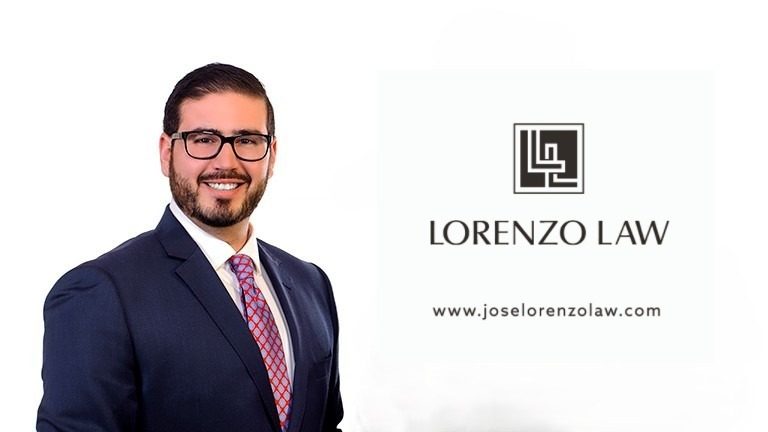
Let an experienced Florida Probate Lawyer guide you through the process, protect you from personal liability, and ensure your loved one’s estate is handled properly and efficiently.
Speak with an experienced professional today and ensure the process is handled legally and with your family’s best interest at heart.
Speak with an experienced Florida probate attorney today and ensure the Florida probate process is handled efficiently, legally, and with your family’s best interest at heart.

